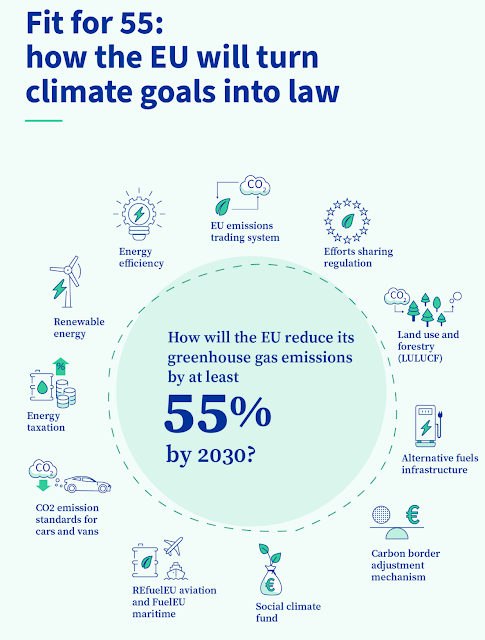The 28th conference under the United Nations Framework Convention on Climate Change (UNFCCC) came at a critical moment in time, with 2023 set to be the warmest year on record and the impacts of climate change rapidly accelerating. International climate change negotiations at the COP28 conference in Dubai concluded on 13 December 2023.
Below are the main outcomes and failures of the COP 28:









